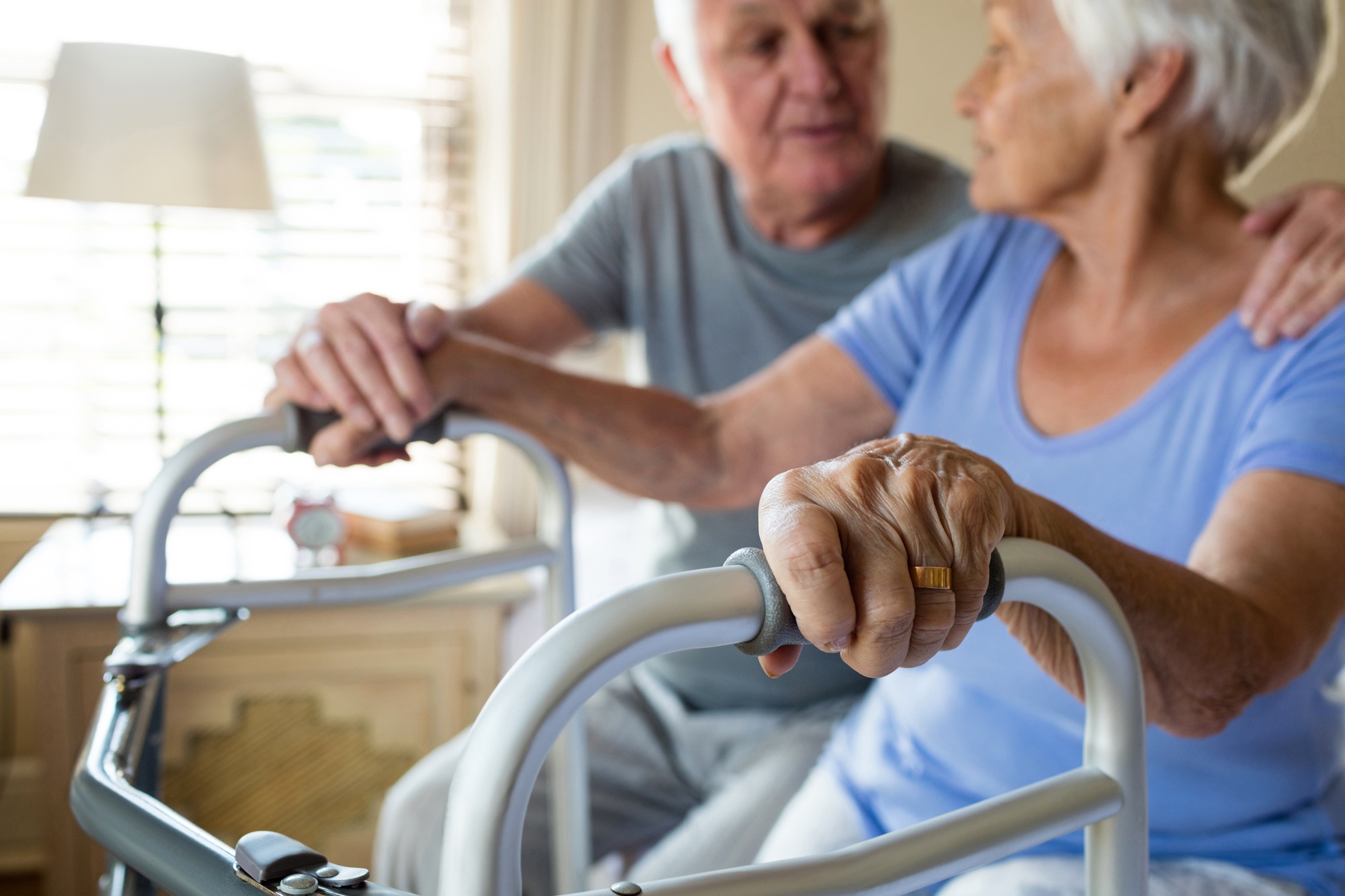At Senior Care Network, we recognize that the senior care industry is extensive. With so many care options available, seniors often find it challenging to choose a suitable option that supports their healthcare and lifestyle choices. The matter gets even more complicated when they want to find a reliable rehabilitation center to recover from a specific illness, injury, or surgery. But why only a rehabilitation center instead of other senior care options, you may ask?
The key to understanding this is rehab centers’ absolute focus on recovery and independence. Seniors there get access to 24/7 skilled medical staff and tailored therapy plans. Rehab acts as a bridge between hospital and home, providing transitional care before the senior can return home or to their respective senior living community. However, before one seeks a rehab option for themselves or a loved one, it’s crucial to know about the key signs that tell you that it’s time for this kind of specialized and tailored care. Here’s a brief look at some of these signs.
After A Major Medical Event Or Hospitalization
Over time, it’s common for seniors to become more prone to various complications. Despite eating a healthy diet, doing the recommended routine health check-ups, and getting the required assistance, they can face significant medical events such as strokes, hip fractures, or even heart attacks. These aren’t your common day-to-day health challenges for which you usually visit a doctor.
Being life-threatening conditions, they require special attention that they get at a rehab facility after being treated at a hospital. At a rehab center, specialized care providers offer the access needed for faster and better recovery. The senior gets access to intensive physical, occupational, and speech therapy that helps them regain independence, mobility, and daily living skills. Even insurers (like Medicare) encourage rehab facilities over hospital stays for continued care.
Difficulty With Daily Activities
Have you noticed your loved one is finding it difficult to do everyday tasks that they once completed without additional assistance? They might be showing signs of incapability while taking a bath, getting dressed, grooming, eating, or simply walking to the restroom. Noticing all these warning signs shows that a decline in their ability to live independently and safely has begun. This decline may stem from age-related physical changes, chronic illnesses, or even cognitive decline.
Ignoring it may jeopardize their safety and put them at risk of serious accidents. Managing these increasing care needs for their loved ones may also lead family caregivers to face burnout. Shifting their loved one to a senior rehab would provide them access to targeted therapy that helps them regain independence in all the essential areas of life.
Worsening Mobility And Balance
A significant decline in mobility, like that of shuffling feet, struggling to get up from a chair, or frequent tripping and falling, is a serious concern that you need to look for while deciding whether it’s time for your loved one to undergo senior rehab or not. While many families neglect these issues, considering them a part of the normal aging process, you don’t have to. These issues, when allowed to persist, can increase the risk of debilitating injuries—ones that cause a long-term or permanent impairment. Not just this, worsening mobility and balance are often accompanied by pain and stiffness, making movement more difficult for the senior. Over time, your loved one may begin losing a sense of confidence and independence as well. Thus, by recognizing these signs and seeking timely intervention—in the form of senior rehabilitation—you can make a crucial difference in your loved one’s well-being.
A Decline In Strength Or Endurance
Noticing a decline in endurance or strength is another key sign that it’s time for your loved one to look for a rehab center for professional care. However, it’s pivotal to notice these signs, as they can manifest in various ways, such as losing muscle mass, experiencing unexplained weight loss, or getting tired early even when doing simple activities.
Other indicators of this decline include limited mobility, lack of strength, poor coordination, difficulty breathing, limited stamina, or signs of injuries, even from minor bumps. Moving them to a reliable rehab facility would provide them with the required physical therapy that addresses the underlying causes of this decline. This physical therapy would help them regain muscle strength, endurance, and flexibility, making daily tasks easier and safer for them.
Significant Cognitive Or Communication Changes
It’s a mistake to think rehab only works for one’s physical well-being. The specialized caregiver works for one’s holistic wellness, aiming to address even their cognitive and communication issues. Just like physical decline, these changes also impact a senior’s ability to live safely and comfortably, necessitating the assessment of their evolving needs and exploration of appropriate care options.
So keep an eye on your loved one and notice if any signs of memory loss, difficulty finding words, or changes in behavior occur. Additionally, look for signs of impaired judgment, wandering, changes in sleep patterns, and mood and personality changes. Upon noticing any of these signs, you need to shift your loved one to a rehabilitation facility as soon as possible.
Senior Care Network—Your Trusted Senior Living Coordinator
At Senior Care Network, our passion drives us to serve seniors and help them find the right senior living options that fulfill their needs now and in the future. We know how challenging it becomes for them to find an option that truly matches their goals. With a variety of options available, it’s easy to feel overwhelmed and unsure of what to decide. Whether it’s you needing help finding the right rehab option or your loved one seeking expert guidance, we at Senior Care Network are here to support you.
Our assistance isn’t limited to just helping you find the proper care option, as we can even assist you with the required resources to make a successful transition to the new location. Our team consists of professionals with years of experience actively working for senior welfare. Contact us today and take the first step towards your loved one’s healthier future.






